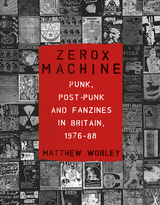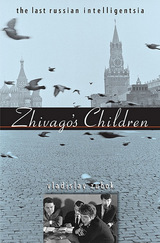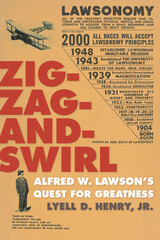4 start with Z start with Z

In 1952 Senator Joseph McCarthy included Zechariah Chafee’s name on a list of seven persons he called “dangerous to America.” How could this happen to a man whose life was filled with the quiet grace of achievement as a scholar of the law? In the first biography of this distinguished American, Donald Smith portrays Chafee as temperamentally conservative, only accidentally a defender of radicals and a civil rights advocate.
Chafee is most remembered for his contributions to First Amendment scholarship, including the classic Freedom of Speech, published in 1920 [and revised and republished in 1941 as Free Speech in the United States]. He publicly criticized the Justice Department prosecutions under the Espionage and Sedition Acts; appeared in court on behalf of Communists fighting deportation; and was president of a commission for the abolition of the death penalty. He served as vice chairman of the Commission on Freedom of the Press (the Hutchins Commission) and continued his public service when appointed to the United Nations Subcommission on Freedom of Information and of the Press.
Yet Chafee, who put his Harvard professorship in jeopardy more than once, never chose to be or perceived himself to be a controversial public figure. Preeminently a man of ideas, he spent most of his life teaching—at times applying both mathematical formulations and Greek philosophical theories to questions of law. This perceptive intellectual biography brings to life the story of a scholar caught up in the dramatic political events of his time.

Zerox Machine is an immersive journey through the vibrant history of British punk and its associated fanzines from 1976 to 1988. Drawing on an extensive range of previously unpublished materials sourced from private collections across the United Kingdom, Matthew Worley describes and analyzes this transformative era, providing an intimate glimpse into the hopes and anxieties that shaped a generation. Far more than a showcase of covers, Zerox Machine examines the fanzines themselves, offering a rich tapestry of firsthand accounts, personal stories, and subcultural reflections. With meticulous research and insightful analysis, this book captures the spirit and essence of British youth culture, shedding new light on a pivotal movement in music history and offering a unique alternative history of Britain in the 1970s and ’80s.

Among the least-chronicled aspects of post–World War II European intellectual and cultural history is the story of the Russian intelligentsia after Stalin. Young Soviet veterans had returned from the heroic struggle to defeat Hitler only to confront the repression of Stalinist society. The world of the intelligentsia exerted an attraction for them, as it did for many recent university graduates. In its moral fervor and its rejection of authoritarianism, this new generation of intellectuals resembled the nineteenth-century Russian intelligentsia that had been crushed by revolutionary terror and Stalinist purges. The last representatives of the Russian intelligentsia, heartened by Khrushchev’s denunciation of Stalinism in 1956, took their inspiration from the visionary aims of their nineteenth-century predecessors and from the revolutionary aspirations of 1917. In pursuing the dream of a civil, democratic socialist society, such idealists contributed to the political disintegration of the communist regime.
Vladislav Zubok turns a compelling subject into a portrait as intimate as it is provocative. The highly educated elite—those who became artists, poets, writers, historians, scientists, and teachers—played a unique role in galvanizing their country to strive toward a greater freedom. Like their contemporaries in the United States, France, and Germany, members of the Russian intelligentsia had a profound effect during the 1960s, in sounding a call for reform, equality, and human rights that echoed beyond their time and place.
Zhivago’s children, the spiritual heirs of Boris Pasternak’s noble doctor, were the last of their kind—an intellectual and artistic community committed to a civic, cultural, and moral mission.

READERS
Browse our collection.
PUBLISHERS
See BiblioVault's publisher services.
STUDENT SERVICES
Files for college accessibility offices.
UChicago Accessibility Resources
home | accessibility | search | about | contact us
BiblioVault ® 2001 - 2024
The University of Chicago Press









